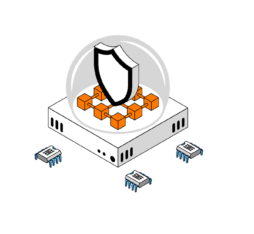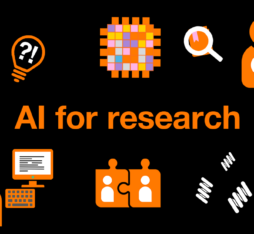What if a program could “think” for itself without waiting for any instructions? That’s the goal behind developing AI agents. With agents, artificial intelligence no longer just answers questions or executes specific tasks: these programs are able of reasoning independently, step by step, to achieve a goal. An AI agent can identify needs, search for information, make decisions, and even initiate actions – something traditional automation couldn’t do.
Within Orange’s networks, AI agents help better analyze data, predict outages, and optimize investments
We can think of AI agents as small digital brains capable of collaborating, which is why we talk about “agent chains”. One identifies a problem, another handles it, and a third takes action. AI agents don’t follow a predefined scenario; they adapt in real-time to unforeseen situations.
This autonomy isn’t without risks. If one agent in the chain makes a mistake, that error could propagate through the entire chain, leading to an erroneous final result that is very difficult to trace. It is therefore essential to maintain control by evaluating their performance, choosing the right models, and carefully fine-tuning them.
Orange favors medium-sized open-source models, ranging from 7 to 24 billion parameters, as these are easier to adapt, more energy-efficient to train, and allow inference to be executed directly on our servers, ensuring the confidentiality of sensitive data.
Practical applications are numerous: within Orange’s networks, AI agents help better analyze data, predict outages, and optimize investments. They are also deployed in customer relations to support call-center agents or assist support functions—HR, legal, finance—with a clear objective: prioritizing quality over quantity.







